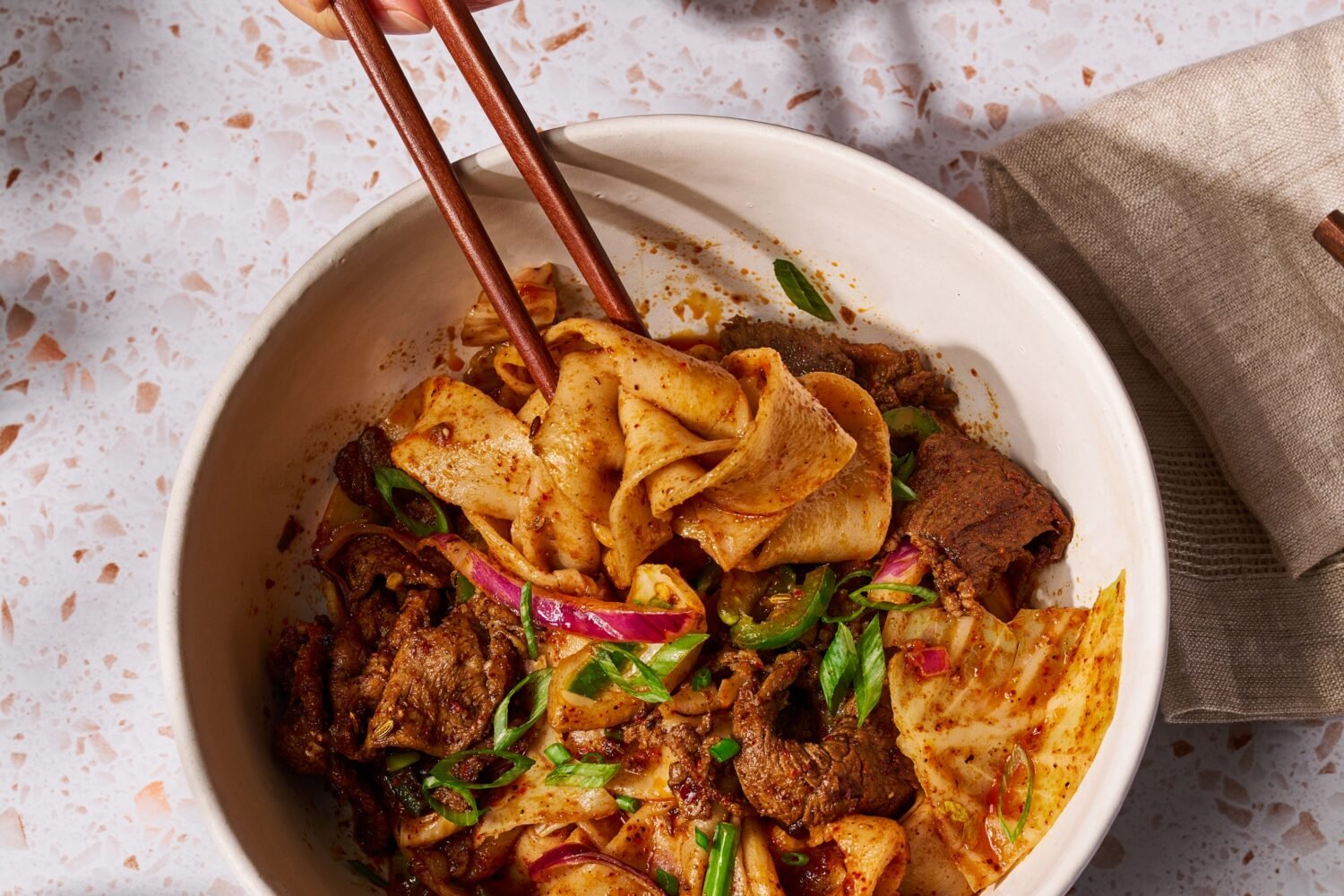In Washington, the combination of a fierce gastronomic inferiority complex and a transient, well-traveled population often means that the highest compliment you can give a new place is to say it reminds you of being in New York City or, better still, Paris.
So susceptible are many Washingtonians to the charms of sidewalk dining and the pleasures of elegant sauce reductions that they tend to embrace any new place that satisfies an ache for the City of Lights and to declare the beginning of a beautiful relationship.
No French restaurant in recent memory bids as sweetly for our affections as Café du Parc, which has taken up residence next to the Willard InterContinental Hotel, two blocks from the White House. Across from the restaurant is Pershing Park, and the restaurant’s umbrella-topped patio commands a view of the columned edifices along Pennsylvania Avenue. At dusk, when the lights come on, the buildings glow as if from within and the city takes on a postcard-worthy grandeur. There may be no better perch for enjoying summer in the city.
And I haven’t even gotten to the food: steak frites, pâté, French-onion soup, profiteroles.
The consulting chef is Antoine Westermann, whose three Michelin stars at Le Buerehiesel in Strasbourg—three are the most a restaurant can earn—make him the food-world equivalent of a conquering hero.
Then there’s the wine list, made up of interesting, underappreciated reds and seldom-seen whites—solace to any drinker who despairs of getting a good glass of wine for less than ten dollars.
Or the fact that two can eat heartily—the portions are big—and still not shatter the three-figure mark.
It’s a seductive mix, and if the weather is right, you’ll find yourself falling for the place.
So why, after four enjoyable visits, do I pull up short of giving the place a big kiss? Why do I like it but not love it?
Because at some point you have to go inside. The downstairs lounge—with its wooden chairs, open windows, and marble bar—is as fetchingly evocative as an Edith Piaf tune. Too bad the tables can’t accommodate much more than a snack and a drink. For a proper meal, there’s the upstairs dining room. It’s as charming as Muzak.
“There’s no here here,” a friend quipped one night.
And because at some point the seductions of cafe society fade and the truth of the place reveals itself: Good as the food is, it’s seldom great.
Westermann’s first consulting gig in DC was four years ago, at Café 15, and no one who ate his frog’s-leg lollipops with translucent pockets of onion ravioli, or his beer-battered brioche with beer ice cream, will likely forget them.
Because Café du Parc is a bistro, not a restaurant, the menu is a lot simpler this time around. The biggest rewards are to be found in revivifications of familiar dishes from the French canon, such as the pâté en croûte (whose full title bears Westermann’s name and reprises a staple of Mon Vieil Ami, his bistroish Paris restaurant). It’s a dazzler—an intense terrine of veal, duck, and foie gras cooked in port and Armagnac and swaddled in crispy, buttery puff pastry.
This is the kind of intricate, labor-intensive preparation you seldom see anymore but that a French chef drilled in technique can produce on demand as if it were a grilled-cheese sandwich.
It’s matched in degree of difficulty by the quenelles de brochet, in which pike mixed with cream is whipped into a mousse, sculpted into oblong pillows, then slow-roasted and served atop a dark crawfish sauce. Effortless as they seem, you would hardly know the dish required half a day’s work.
The mussels in a white-wine-and-parsley sauce are among the simplest things on the menu—and among the best. The kitchen ever so slightly undercooks them, leaving them almost quivering in their shells and maximizing their briny sweetness.
Nothing else is as swoon-inducing as those three dishes. But then, with the exception of a gristly steak, nothing is a total washout, either.
A crispy sautéed pork was a touch too crispy—dry at the edges but, thanks to its 24-hour sous vide bath, rich and luscious within. A wonderful Pinot Noir sauce set off a tail of monkfish, sometimes called the poor man’s lobster. How poor is poor? The fish was more firm than succulent.
I might have hoped for more beefy intensity from the steak tartare, but its dressing, bright with shallots, sharp mustard, and homemade mayonnaise, was so lively, I wouldn’t turn it away. The short-rib terrine, sided with a beef gelée, ought to be one of those overrich and heavy dishes you don’t dare consider in warm weather; it’s not. It’s elegant, almost delicate.
The rich, heavy dish is the bouchée à la reine, its pastry a flaky fortress for a pool of creamy leek sauce studded with cubes of veal, button mushrooms, and gnocchi—a welcome reminder of what pot pie can be. A milk-poached cod with herbs and olive oil and a poached, then sautéed, Blue Foot chicken ringed by a delicate, thyme-scented chicken broth, meanwhile, are smartly calibrated for warm-weather dining.
For dessert there’s millefeuille, a dark-chocolate tart, and a fromage blanc tart—all tasting as if they’ve been snatched from the display case of a Paris patisserie.
Is it churlish to have hoped for more in the way of surprise? Or risk? At a time when a new wave of chefs from Paris to New York is reimagining the bistro’s mission, a little experimentation and idiosyncrasy is to be expected. A bistro need not be bound by tradition—as evidenced by the new Central Michel Richard, with its inspired grafting of American junk food onto the frame of French classicism, and the even newer Brasserie Beck, where even dusted-off golden oldies such as coq au vin and choucroute feel like personal expressions.
By comparison, Café du Parc comes across as cautious and conservative, a harkening back to the restaurants of old Washington. The difference, perhaps, is that Westermann is only the hired hand, not the proprietor—a fact that also might cast doubt on the restaurant’s ability to maintain its current level. He won’t be around forever.
Will his brigade of French-trained cooks, inspired by his example and hardened by his lessons, keep turning out sturdy, stately dishes? That was the hope at Café 15. But since the master’s defection, the restaurant has never again hit the high notes of those frog’s-leg lollipops.
Will there be a here here when he leaves? I wouldn’t bet on it.
In the end, for all its sophistication, Café du Parc is a concept restaurant. A French concept restaurant but a concept restaurant nonetheless: a place with no real identity beyond a collection of good dishes—an evocation of Paris, not an embodiment.











